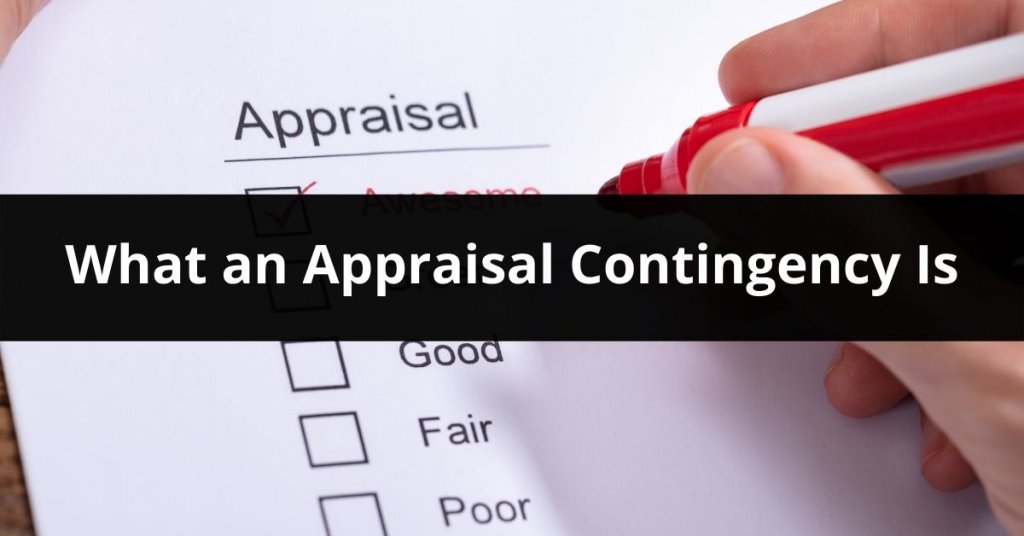An appraisal contingency is a clause in a purchase contract that allows a home buyer to back out of the agreement without losing their earnest money deposit if the house is appraised for less than the purchase price.
The appraisal contingency is commonly used by buyers in areas where prices are volatile like California to protect themselves from overpaying for a home.
If the house you’re buying or selling does not appraise for what you thought, don’t panic! You have options to help make sure the sale still goes through.
As a seller, your options are to:
- Renegotiate the price.
- Get another appraisal.
- Repair the items that negatively affected the appraised value of your home and get reappraised.
- Offer seller financing to cover part of the purchase price not covered by the buyer’s down payment or lender.
Your options as a buyer are:
- Get another appraisal done.
- Offer a larger down payment to make up the difference between the purchase price and appraised value.
- Negotiate with the seller to lower the purchase price.
- Back out of the purchase with no penalties.
- Waive the appraisal contingency.
Waiving An Appraisal Contingency
If you are waiving an appraisal contingency, you are agreeing to pay the full amount regardless of what the appraisal says the value is.
The reasons to waive an appraisal contingency include:
- The appraisal doesn’t impact the ability to close.
- It’s a cash offer for the house.
- The buyer is trying to strengthen their offer in a bidding war or hot market.
- Financing is being offered from the seller.
- There is a down payment of more than 20% of the purchase price.
- The property is going to be redeveloped.
Note: If you have a FHA loan or VA loan, appraisal contingency clauses cannot be waived.
Appraisal contingency clauses are nothing to worry about. They’re simply a protection for the buyer and they won’t always kill a deal. If the buyer is set on having it, you now know what one is and what your options are if the appraisal comes in lower than expected.

